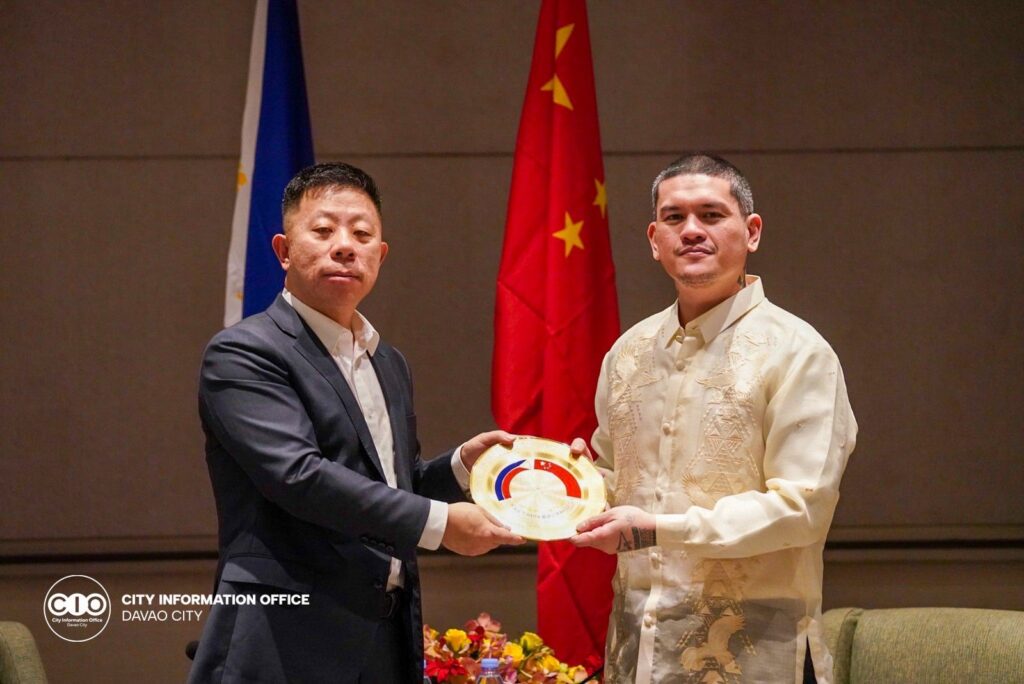Artificial Intelligence (AI) has become one of the most transformative technologies of our time, redefining industries and reshaping how economies grow. Around the world, AI is powering innovations in healthcare, education, agriculture, and public services. Yet here in the Philippines, while some sectors are beginning to embrace AI, the technology’s potential to create inclusive growth remains largely untapped.
Globally, AI adoption is accelerating at a breakneck pace. Countries like Singapore, South Korea, and even emerging economies like Vietnam have integrated AI into national development strategies. In contrast, the Philippines appears to lag, constrained by systemic issues such as inadequate digital infrastructure, limited access to advanced computing resources, and a lack of comprehensive AI policies.
The promise of AI lies not only in making businesses more competitive but also in addressing deep-seated inequalities. For instance, AI-driven solutions in agriculture could help Filipino farmers optimize crop yields through predictive analytics and precision farming. At the same time, AI-powered telemedicine platforms could bridge gaps in rural healthcare access. AI applications in education could personalize learning experiences for students, addressing the educational disparities between urban and rural schools.
However, the Philippines faces significant hurdles in making these aspirations a reality. A glaring issue is the lack of a skilled workforce capable of leveraging AI technologies. While the DICT has introduced initiatives to upskill Filipinos in digital and tech fields, these programs are neither widespread nor sufficiently advanced to address the nuances of AI. Furthermore, a significant portion of the population remains digitally excluded, particularly in rural and underserved areas. Without broader access to digital tools, even the most innovative AI technologies will fail to benefit those who need them most.
Another critical barrier is the absence of a national AI strategy. While other ASEAN nations have set clear roadmaps for AI development, the Philippines has yet to articulate a coherent vision. A robust national AI policy could set guidelines for research and development, encourage public-private partnerships, and address ethical concerns related to data privacy and algorithmic bias.
On the brighter side, there are encouraging signs. Local startups are beginning to explore AI-driven solutions, particularly in e-commerce, fintech, and logistics. Meanwhile, universities such as the University of the Philippines and Ateneo de Manila are integrating AI research into their academic programs. Partnerships with international organizations and technology companies could further accelerate these efforts if supported by conducive government policies.
For the Philippines to harness the full potential of AI, the government must lead the way by investing in digital infrastructure, supporting workforce development, and fostering an innovation-friendly ecosystem. Public-private partnerships should be expanded, particularly in sectors like education and healthcare, where AI can have the most significant impact.
The government also needs to consider ethical AI development, ensuring that algorithms are designed to be inclusive and free from biases that could perpetuate inequality. Policymakers must strike a balance between encouraging innovation and protecting citizens’ rights, particularly in terms of data privacy and security.
The future of AI in the Philippines holds immense promise, but this promise will remain unfulfilled without decisive action. The government must step up, not just as a regulator but as a visionary leader that sets the stage for AI to drive inclusive and equitable growth. Let us seize the opportunity to place the Philippines at the forefront of the AI revolution, creating a future where no Filipino is left behind.
—————
Rafael “Raffy” Gutierrez is a veteran Technology Trainer with over 25 years of experience in networking, systems design, and diverse computer technologies.




